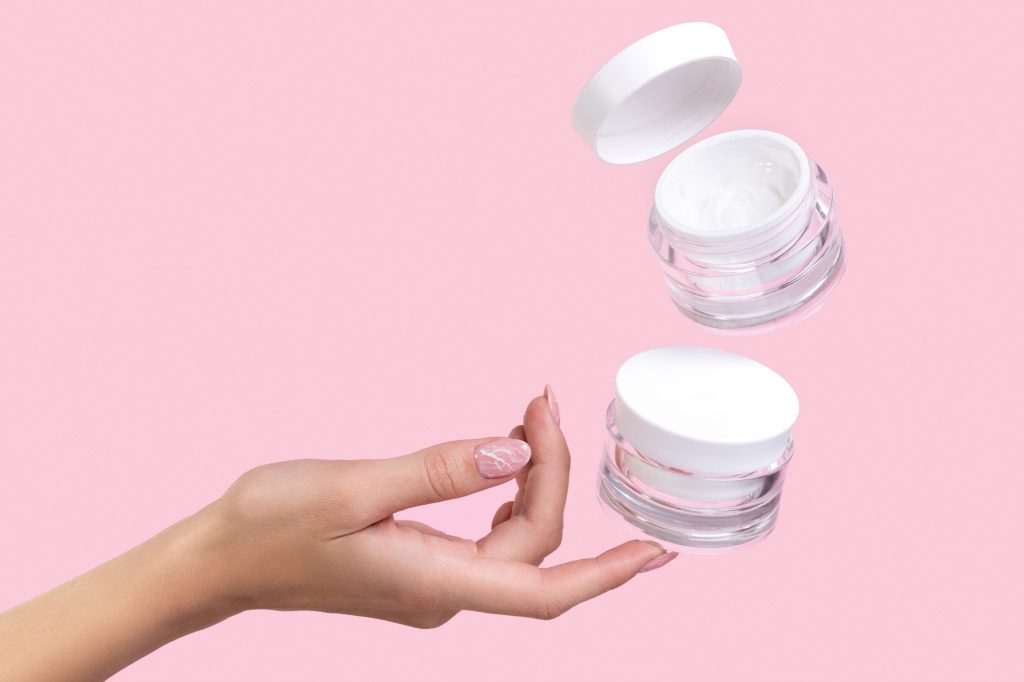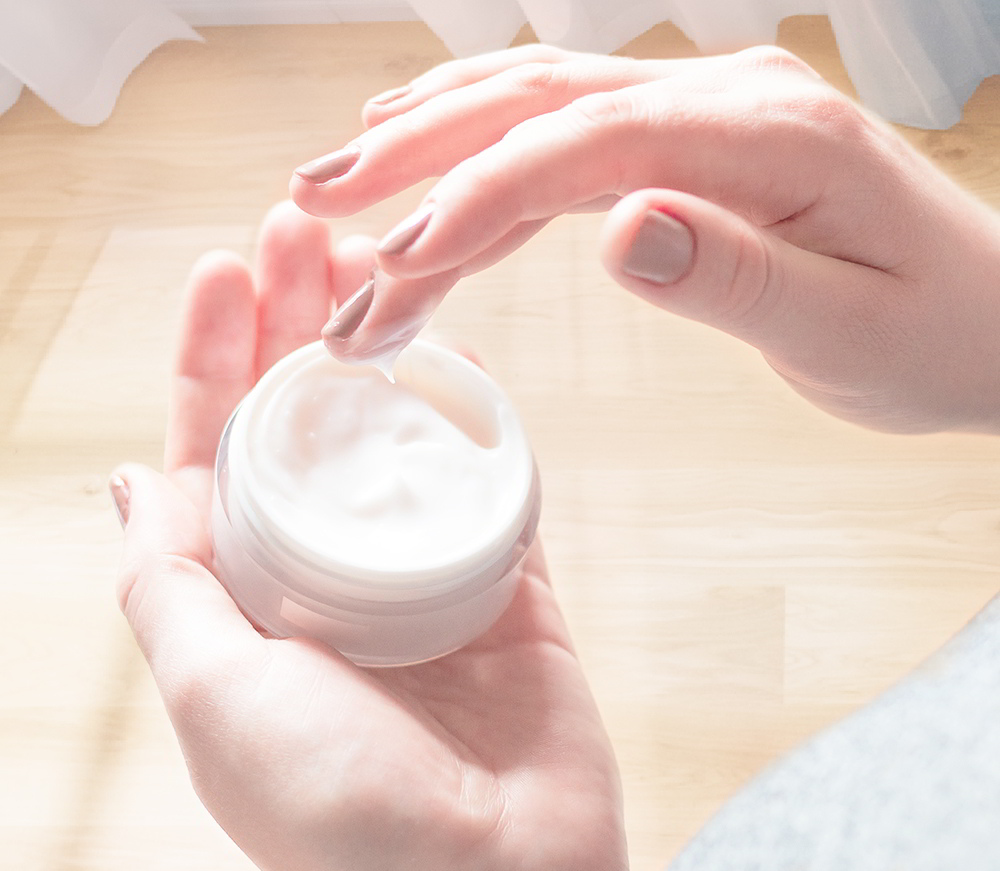Acne is a common skin condition that affects many individuals. While there is not a single best acne skin care routine that works for everyone, there are certain guidelines and products that can help in managing acne-prone skin. Effective acne skin care typically involves a combination of cleansing, treatment and moisturizing. Cleansing plays a crucial role in removing excess oil, dirt and dead skin cells that can clog pores and contribute to acne breakouts. When choosing a cleanser, it is important to look for products specifically formulated for acne-prone skin. These cleansers often contain ingredients such as salicylic acid or benzoyl peroxide, which can help reduce acne-causing bacteria and exfoliate the skin. It is important to note that everyone’s skin is different and what works for one person may not work for another. It may take some trial and error to find the right acne skin care routine that suits your skin type and concerns. Consulting with a dermatologist or skincare professional can be helpful in determining the most suitable products and treatments for your specific needs.

In addition to cleansing, other acne treatments can include topical creams or gels containing ingredients like retinoids, antibiotics or azelaic acid. These products can help unclog pores, reduce inflammation and promote skin cell turnover. It is important to follow the instructions provided by your dermatologist or the product label to ensure safe and effective use. Moisturizing is another essential step in acne skin care. Contrary to popular belief, moisturizers are necessary even for oily or acne-prone skin. Look for non-comedogenic moisturizers that would not clog pores. These moisturizers provide hydration without exacerbating acne breakouts.
In addition to a consistent skincare routine, there are other factors that can contribute to overall skin health. Maintaining a balanced diet, staying hydrated, getting enough sleep and managing stress levels can also positively impact the appearance of the skin. Remember that achieving clear skin takes time and patience. It is important to be consistent with your chosen skincare routine and give it time to work. If you experience severe or persistent acne, it is advisable to seek professional help from a dermatologist who can provide personalized advice and recommend appropriate treatments. In conclusion, adopting a tailored acne skin care routine that involves proper cleansing, treatment and moisturizing can help in managing acne-prone skin. Consulting with a dermatologist can provide personalized guidance and recommendations to address your specific skin concerns.




